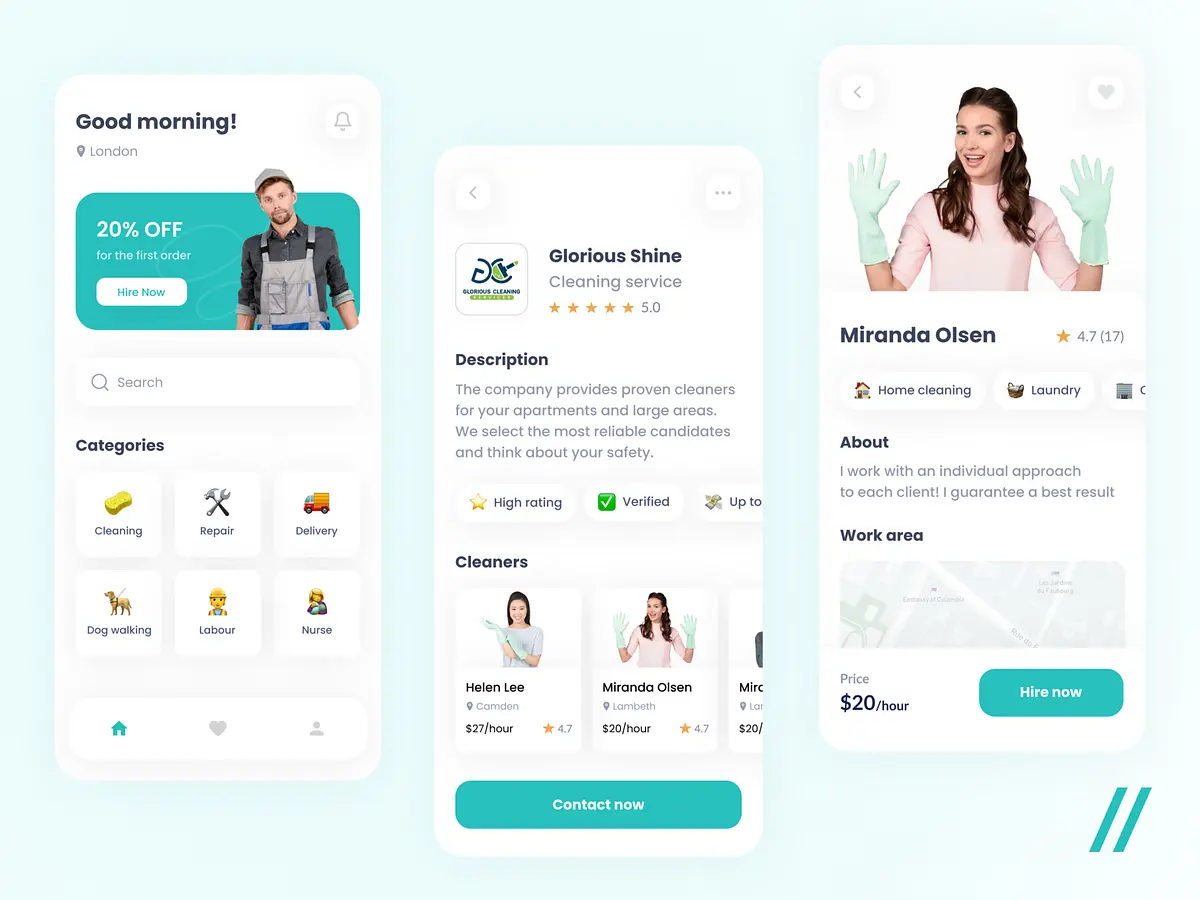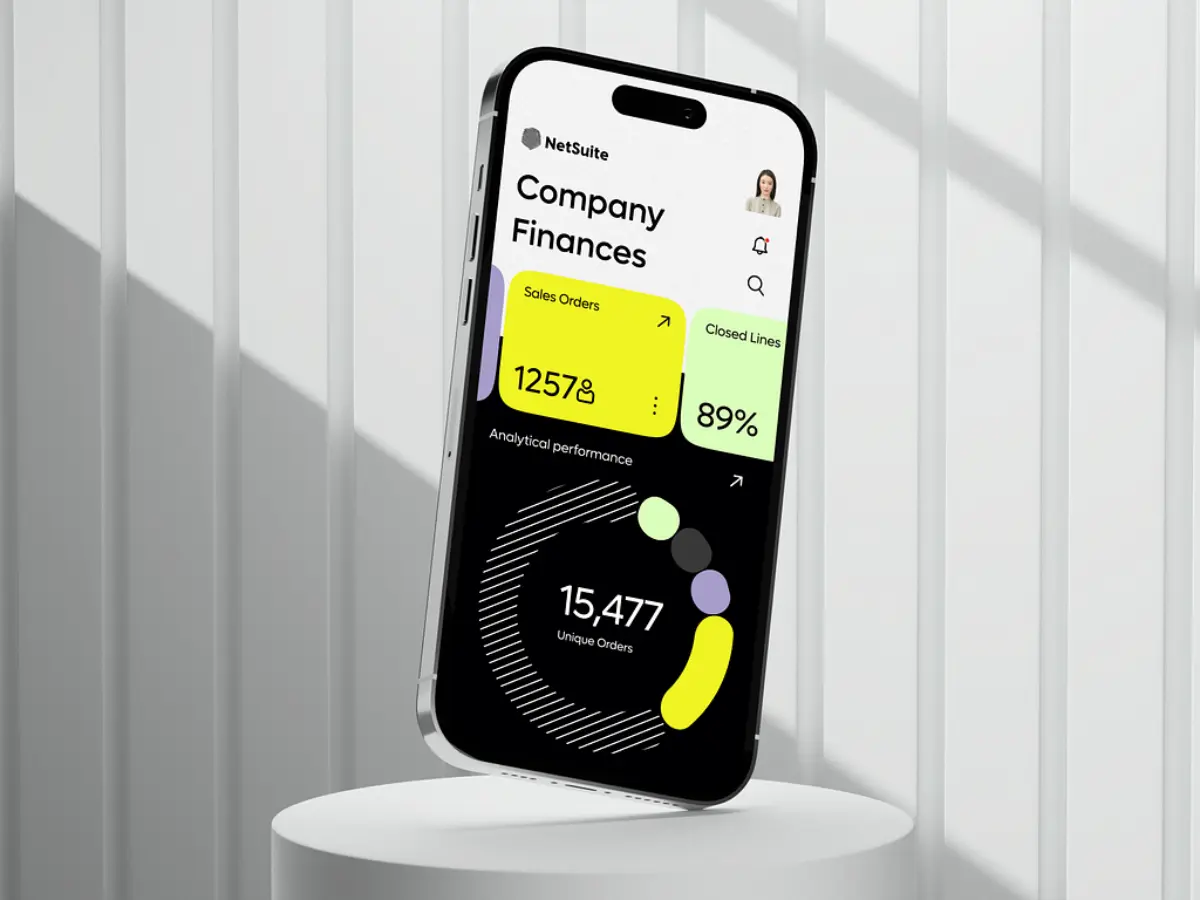10 Types Testing of Mobile Applications and Key Differences from Web Testing


Mobile applications are essential in our daily lives in today’s digital environment. Smartphones account for 70% of digital media time in the US, and 21% of millennials use mobile apps more than 50 times daily. The mobile app market will likely be worth $407.31 billion by 2026, making it a highly competitive industry. Due to that competition, thorough testing is vital to ensuring the success of mobile apps in the market. This article explores the testing of mobile applications in terms of definition, various types, benefits, and differences between testing mobile apps and web applications.
Mobile application testing involves evaluating and verifying mobile apps (Android and iOS) before launching. It is crucial in the software development life cycle to ensure that the mobile app meets the required quality standards and delivers a seamless user experience.

What is mobile application testing?
Functional testing is the foundation for mobile app development. Testers carefully check all core functions of the app to ensure smooth navigation, accurate data processing, and precise user input validation. This thorough testing process helps find and fix bugs, glitches, and potential issues that could affect the app’s performance and user experience. They also validate user inputs to ensure the app handles them accurately.
Usability testing assesses the app’s user interface (UI) and how users interact to ensure it is intuitive, easy to use, and enjoyable. Testers work on enhancing user interactions, navigation flow, and general usability. Through this evaluation, it is clear to identify areas that require development, resulting in a more effective and user-friendly app.
Mobile devices exist in a variety of sizes, designs, and hardware configurations, as well as screen resolutions. Compatibility testing guarantees that the software functions flawlessly across all these platforms (including Android and iOS) and versions. Customers can have a smooth experience in this way regardless of the device they use. Businesses may find any problems and fix them by completing rigorous integration testing, which leads to a seamless user experience on any supported platform.
In a global market, catering to users from different regions is essential. Localization testing ensures the app functions when adapted to other languages, currencies, date formats, and cultural preferences. Rigorous functional and UI testing and geolocation testing ensure a positive user experience. Advanced translation tools, localization platforms, simulators, and automation aid the process. The enhancements lead to a competitive edge, a broader user base, and increased brand loyalty by offering users a worldwide personalized and culturally sensitive app experience.
With this testing of mobile applications, testers evaluate how the app responds and performs under different conditions, such as varying network connections and user loads. By analyzing its performance, test engineers can find potential issues, eliminate them and improve the app’s speed even during periods of high usage. One common technique used in this step is load testing, where applications get tested under different user loads to determine their performance under varying traffic levels.
Other challenges of mobile application testing include facing interruptions like incoming calls, messages, or notifications while using a mobile app. This mobile testing QA ensures that apps handle these interruptions smoothly, resuming their functionality without data loss or crashes.
In an era of data breaches and cybersecurity threats, ensuring the security of your mobile app is of utmost importance. Comprehensive security testing finds flaws and increases data protection by leveraging cutting-edge software such as AI and machine learning. Safe coding practices, encryption, and strict access controls further improve safety. Continuous monitoring and safeguards guarantee the app is resilient to evolving risks, building user trust in providing critical information. Therefore, this technology lies in the top types of testing in mobile applications.
Mobile devices have limited resources, making efficient memory management crucial for app performance. This mobile testing software identifies and fixes memory-related issues that could lead to app crashes or sluggish behavior, ensuring optimal memory usage.
Before apps launch, installation testing is crucial to ensure smooth installation, updates, and uninstallation. Testers check compatibility, seamless updates, and appropriate removal. Automation tools and emulators also enhance the process.
Network testing involves several steps and uses various technologies to assess an app’s performance across multiple network environments and contexts, such as 3G, 4G, and Wi-Fi. By running these tests, developers can confirm that the app works reliably in diverse connectivity scenarios.
Find more mobile app-related articles here:

Benefits of Mobile testing
Implementing thorough app testing processes helps identify and resolve bugs, glitches, and performance issues. By fixing these issues before the app’s release, companies can ensure a higher quality product that meets user expectations. This process leads to increased customer satisfaction, good feedback, and, as a result, higher user retention rates. Moreover, a well-tested app is likely to avoid major issues in the hands of users, which can save your business from reputation damage and support costs.
App testing ensures that your app works well and is simple for your customers. By identifying and addressing potential usability issues, users will have a more enjoyable experience. A happy and engaged public base can increase app uptake and loyalty.
The testing of mobile applications before launch saves money in the long run. Detecting and resolving issues makes it easy to avoid costly fixes after release. This proactive approach also helps prioritize development efforts, focusing on features that matter most to users and align with business goals.
| Criteria | Mobile App Testing | Web App Testing |
| Platform | Testing on specific mobile platforms (iOS, Android) and requiring device diversity. | Testing across various web browsers (Chrome, Firefox, Safari, etc.) on different operating systems (Windows, macOS, Linux). |
| User Interface | Focus on touch-based interactions and mobile screen sizes. | Primarily concerned with responsiveness and compatibility on different screen sizes and resolutions. |
| Performance | Emphasize optimizing memory usage, CPU consumption, and battery life. | Focus on page load times, server response, and network latency. |
| Connectivity | Evaluate app behavior under various network conditions (3G, 4G, Wi-Fi). | Primarily tested on different internet speeds and connection types. |
| Device-specific features | Test features like GPS, camera, and accelerometer. | Not typically have access to device-specific hardware but may simulate some functionalities. |
| Compatibility | Ensure the app works across various devices, OS versions, and hardware configurations. Also, consider mobile device capacity limitations, battery life, and screen size to optimize performance and user experience. | Guarantee compatibility with different web browsers and their versions. |
As mobile usage continues to dominate worldwide web traffic, testing of mobile applications becomes critical for companies looking to provide flawless user experiences and secure a share of the mobile app market. With the rise of smartphones and the growing app-centric culture, it is clear that investing in comprehensive testing procedures will pay off in terms of greater user satisfaction, improved app performance, and a competitive advantage in the digital world. Adopting types of mobile application testing guarantees businesses can traverse the changing landscape and prosper in the mobile ecosystem.
If you are looking for specialized support, TECHVIFY is ready. With over five years of expertise and over 100 successful projects, we offer comprehensive testing solutions for your business that unleash seamless collaboration.


Table of ContentsI. What is mobile application testing?II. Types of Mobile TestingFunctional TestingUsability TestingCompatibility TestingLocalization TestingPerformance TestingInterruption TestingSecurity TestingMemory Leak TestingInstallation TestingNetwork TestingIII. How does App Testing benefit your business?IV. Difference between Mobile App & Web App TestingConclusion Technological advancements are paving new paths for companies across different sectors, and the logistics industry is no exception. According to a survey by Gartner, 87% of supply chain professionals plan to invest in enhancing the resilience of their platforms. Logistics encompasses a broad and complex array of processes that demand the utmost precision and continuous optimization. Companies can automate and streamline these…
26 July, 2024

Table of ContentsI. What is mobile application testing?II. Types of Mobile TestingFunctional TestingUsability TestingCompatibility TestingLocalization TestingPerformance TestingInterruption TestingSecurity TestingMemory Leak TestingInstallation TestingNetwork TestingIII. How does App Testing benefit your business?IV. Difference between Mobile App & Web App TestingConclusion The technology sector is advancing at an unprecedented pace, and the HR landscape is evolving right alongside it. To attract top talent, HR professionals and organizations need to stay ahead of emerging technology hiring trends. This year, we are witnessing significant shifts in hiring practices that will redefine our understanding of the future workforce. According to a Microsoft study, the number of…
25 July, 2024

Table of ContentsI. What is mobile application testing?II. Types of Mobile TestingFunctional TestingUsability TestingCompatibility TestingLocalization TestingPerformance TestingInterruption TestingSecurity TestingMemory Leak TestingInstallation TestingNetwork TestingIII. How does App Testing benefit your business?IV. Difference between Mobile App & Web App TestingConclusion Customized software plays a major role in managing various tasks within the telecom industry. It is essential for allocating numbers to subscribers and managing networks through optimized and AI-enabled routing protocols. Additionally, it aids in detecting fraud with intelligent telecom software development solutions and maintaining detailed subscriber profiles, including comprehensive call recording reports. I. A Quick Look into the Telecommunication Industry The…
24 July, 2024


Thank you for your interest in TECHVIFY Software.
Speed-up your projects with high skilled software engineers and developers.
By clicking the Submit button, I confirm that I have read and agree to our Privacy Policy